2 min read
Gospel-Centered from the Start
“Let us hold unswervingly to the hope we profess, for He Who promised is faithful…Jesus Christ is the same yesterday, today, and forever.” (Hebrews...
This post is the first in a 2-part series on relationship addiction by UGM LIFE Recovery Counselor Yvonne Wilhelm.
How would you define relationship addiction?
A pattern of unhealthy choices to begin or stay in unhealthy relationships, usually romantic ones. Some clinicians call it “love addiction.”
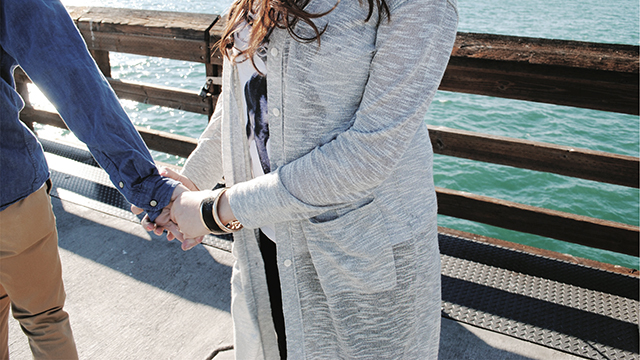
How big of an issue is it for women who come into UGM?
When women come into recovery I give them four assessments which help our counseling team determine the intensity of their relationship issues: Relationship Addiction Index, Sexual Addiction Index, Domestic Violence Index, and Post-Traumatic Stress Index as it relates to relationship. Every woman I’ve evaluated has scored high on at least two of the four, while some have scored high on all four. We see residents who come to UGM for alcohol or drug addiction, but their substance use is related to staying in a relationship.
What are some of the underlying causes?
The roots of addictive relationships can generally be found in childhood, where attachment and original love relationships with parents were accidentally or intentionally inadequate, negligent, broken, or abusive. This breach leads to unmet emotional needs.
In order to grow into secure adults capable of healthy relationships, children generally need support from parents or caregivers: unconditional love, a shoulder to lean on, and someone to look up to. Generations of abuse and addiction set children up for not knowing what healthy love, relationships, boundaries, and conflict look like. They are hungry for love and relationship and will look everywhere to get that need met.
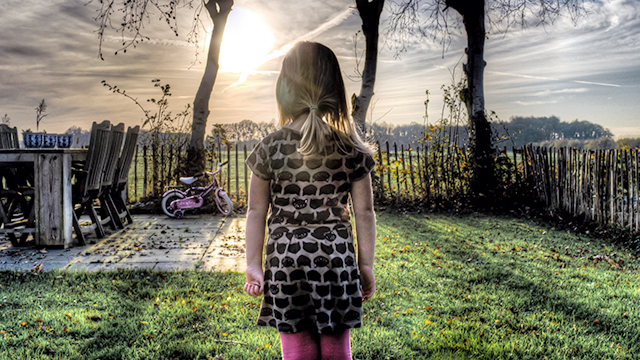
We have three holes in our hearts that can only be filled by our creators: mother, father, and God Creator. If the holes aren’t filled or healed, we will search. I have seen some incredible healing take place when God is invited in and gives people their identity as a child of God, adopted as an heir, loved beyond measure, God’s workmanship, precious, and beloved. These messages spoken to the heart fill the void of inadequate parents.
Oftentimes relationship addicts develop a fantasy of being rescued by someone who has the “power” to make them feel lovable and whole as a person. They will choose partners who remind them of the caregivers who neglected, abused or abandoned them; it satisfies the hunger temporarily.
Is there a connection between relationship addiction and domestic violence?
Yes. People will remain in DV relationships because of the fear of being alone, or because they lack a sense of their own value and worth. They are making a choice time and time again that has them stuck in an emotionally, mentally, physically, and spiritually toxic environment.
Oftentimes people who struggle with relationship addiction will enter a relationship because they believe they will be “taken care of” because that is what their abused, neglected, abandoned child heart wants so desperately. Some people buy into the false belief that “this is the only type of relationship I can be in” or have a fantasy about this powerful person taking care of them. However, the people who are given that power will often exert it in unhealthy ways.
What is the cure?
The cure is to secure an identity in God and how He sees them instead of old beliefs and projected hurts. This is done through:
In UGM recovery, we are working toward the following goals:
God's love is unconditional and satisfying. Encourage a friend in this truth by sending them this greeting card.

2 min read
“Let us hold unswervingly to the hope we profess, for He Who promised is faithful…Jesus Christ is the same yesterday, today, and forever.” (Hebrews...

9 min read
To celebrate 75 years of serving the Inland Northwest, we are spending the year remembering our history and the faithfulness that built us and...

2 min read
In 2026, Union Gospel Mission Inland Northwest is approaching our 75th Anniversary! This is a milestone that invites gratitude and reflection, and...
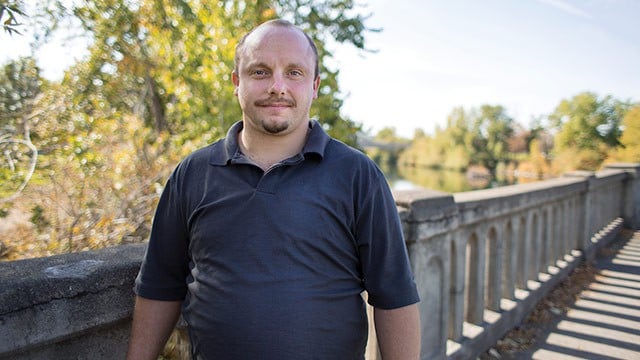
David, 31, spent half his life homeless. At the age of 14, he was taken from his family home due to a domestic violence incident. After that, he...
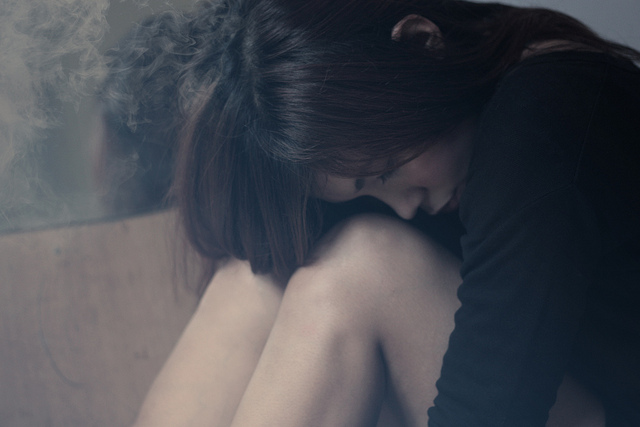
In the second part of this series on relationship addiction, UGM LIFE Recovery Counselor Yvonne Wilhelm answers questions about how this type of...
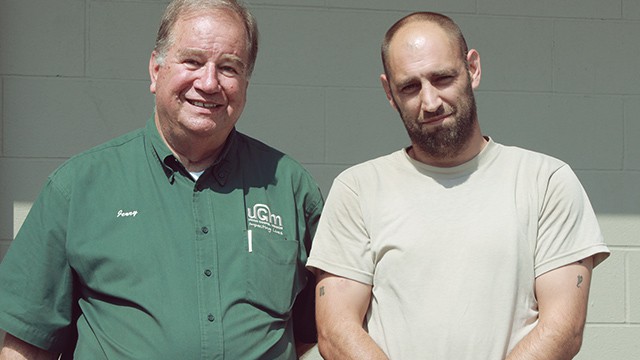
Jerry Coatney was literally ecstatic when he got an email from Greg Barclay saying that UGM was looking for a driver. Jerry had wanted to volunteer...